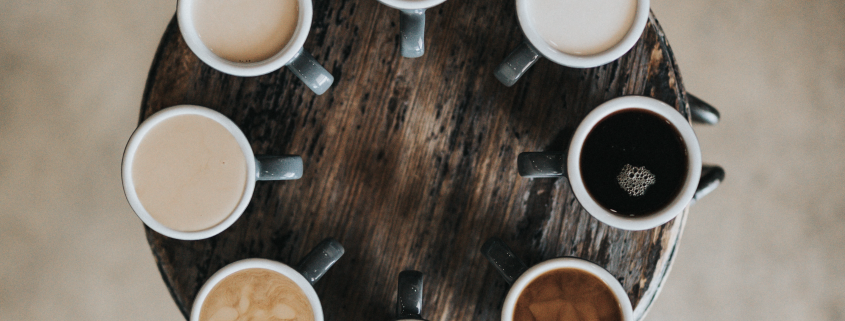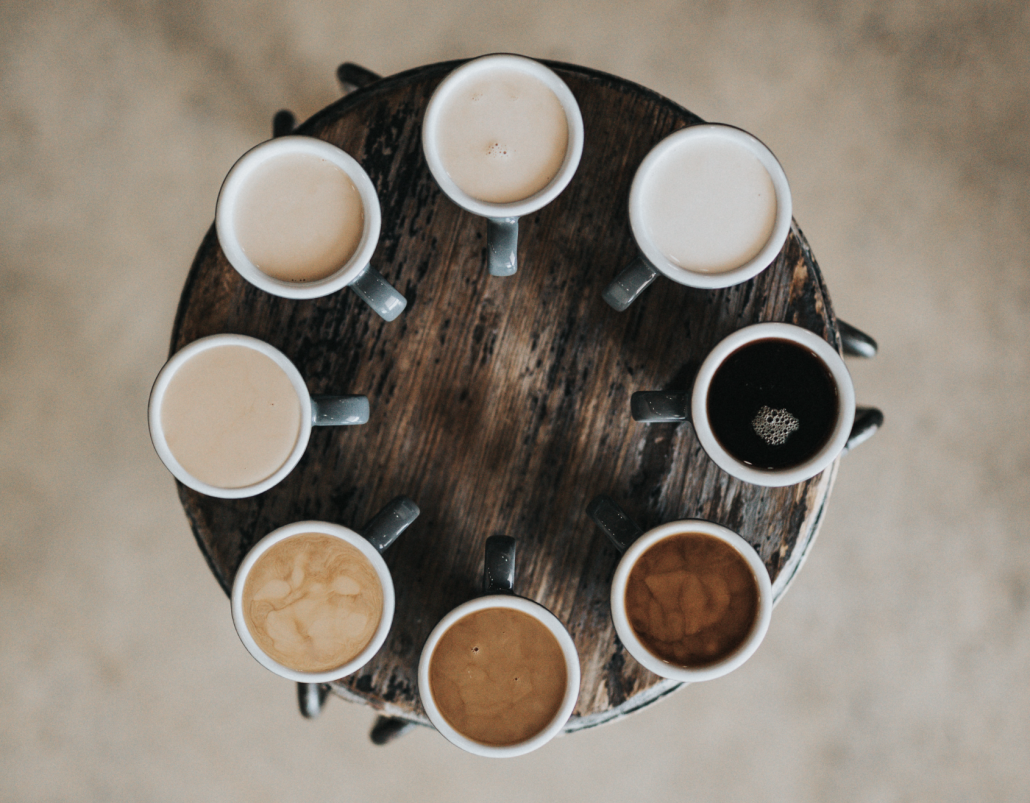Why is excess caffeine consumption so normalized?
There was a point in my high school days where I was regularly drinking at least six shots of espresso a day — the equivalent of three Starbucks grande lattes. This unhealthy habit developed for several reasons. One, I had begun to establish a dependence on coffee to stay awake during the day. Second, I loved the taste of espresso, so I would always order drinks that tasted the strongest. Third, I began working at my local coffee shop and had easy and unlimited access to however much coffee I wanted.
Although I could be considered more of an extreme case, caffeine is the most normalized psychoactive drug, with more than 80% of adults in the United States consuming it every day. Even though the effects aren’t as obviously dangerous as alcohol or marijuana, caffeine has potential to do as much damage, especially in the way that it is encouraged among youth. Caffeine is a staple of our diet — we see it in coffee, tea, energy drinks, soda and more.
Before diving into the potential negative effects of caffeine, I want to first acknowledge that when consumed in low to moderate amounts, caffeine consumption can actually have some positive effects on the body and life. When accompanied with a healthy diet, caffeine has been correlated with the prevention of diseases including Parkinson’s, Alzheimer’s, Type 2 Diabetes, liver disease and more. It can also improve one’s metabolism, help to brighten one’s mood and maintain alertness. Therefore, when consumed responsibly, caffeine can be an incredibly useful tool for a healthy lifestyle. It’s when caffeine is over-consumed where issues tend to arise.
The FDA states that for a healthy adult, the amount of caffeine “not generally associated with dangerous, negative effects” is roughly 400 milligrams a day — the equivalent of four or five cups of copy, or one to four energy drinks, depending on the brand. Anything over that and the consumer may be in for some health issues.
Caffeine maintains alertness in the body by blocking adenosine — a chemical produced in the brain that regulates how tired you feel — as well as releasing more adrenaline to increase energy levels in the body. However, the more caffeine that one consumes, the more these side effects take action. Excess caffeine can lead to feelings of jitteriness and anxiousness. Additionally, despite common misconception, studies also show that regularly consuming large amounts of caffeine does not build a tolerance to reduce these symptoms. Caffeine also has the potential to lead to increased anxiety, worsened insomnia, gout, trigger heart attacks, dry skin, increased acid reflux and much more.
The way caffeine is marketed as a necessity to get through any academically or work-related challenge in society is inherently harmful. Drinking excess amounts of coffee to force yourself to stay up at night in order to finish homework or do more work is hardly a foreign concept to any college student. Using caffeine on a regular basis encourages other unhealthy routines, including a habitual lack of sleep fueled by a few nighttime cups of coffee. Even worse is this habit often begins in high school, and in even more extreme cases, in middle school. To develop a caffeine dependence and addiction at such a young age means that one is prone to more of these potential side effects from childhood, and is more likely to irresponsibly consume large amounts of caffeine.
Dunkin Donuts has a slogan: “America Runs on Dunkin,” and they are completely right. Capitalistic culture in the U.S. is heavily dependent on maximizing worker productivity and encouraging people to devote long hours every day to work. As a result, caffeine consumption is one of the only ways to alter most people’s bodies to be able to keep up with this demand. Many therefore consider coffee and other types of rapidly-working forms of caffeine such as energy drinks, to be capitalism’s greatest asset. Since regular and excess caffeine consumption is so normalized in society from a young age, caffeine addiction goes largely unnoticed and unconcerned. Although normalized caffeine addictions aren’t necessarily directly caused by capitalism, they are quite efficient for keeping the system as productive as possible.
Caffeine can be a useful resource to help balance our busy college and work lives, but we need to start being more aware of how much we consume and realize when it progresses from a ‘healthy’ moderate amount to an unhealthy dependence.


